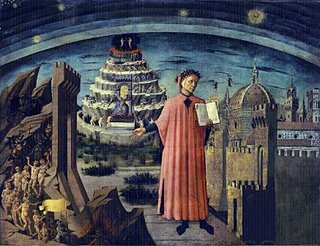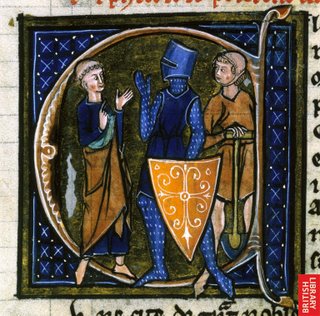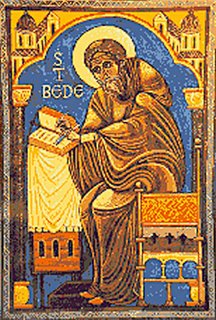
Dante Aligieri, also a poet. Probably a better poet than I, but I bet I'm taller than he was.
Terra Incognita Magazine is having a poetry reading in Greenwich Village next Sunday, and I will be one of their featured readers. If anyone is in New York this weekend, come on by. I will paste their announcement below:
Once again, in the wonderful, cozy and wine-sipping ambience of the Cornelia Street Cafe, we are having a reading promoting the current issue of Terra Incognita (#6) as well as the forthcoming issue, due out later this fall. The reading begins at 6pm. Entrance is $6.00 which does buy the happy ticket buyer a free drink at the bar as well as a wonderful hour of rich, innovative, ear-bending poetry. Please come and usher in the late spring /early summer with us on Sunday evening. The readers are talented and varied and their bios follow:
Terra Incognita at Cornelia Street Cafe
6pm
June 11th
Featuring:
Sima Rabinowitz
Liam Moore
EJ Antonio
Ron Drummond
Sima Rabinowitz is the author of The Jewish Fake Book, published in 2004 by Elixir Press, and Murmuration, a chapbook published this year by New Michigan Press. Her poetry column, "The View from First Avenue," appears in every issue of Dragonfire, the Webby-nominated magazine of culture, art, and politics from Drexel University. This year Sima received her first Pushcart nomination for poems that appeared in the journals Salamander and Hotel Amerika. She is pleased to have her work in Terra Incognita and looks forward to the new issue.
Liam Moore, a poet and fiction writer, was born in Salt Lake City in 1966. He has had work published in both print and online journals. Liam spent much of his adult life in Spain and Italy, and was probably up to no good. At the present, he is writing a history PhD dissertation on the use of religious language in eleventh- and twelfth-century Spanish royal charters at Columbia University. Some of his work can be found at http://geocities.com/trepanatus/. Poetry publications include: zafusy.com, Terra Incognita, Whiskey Island and roguescholar.com.
Ron Drummond's Why I Kick at Night was the winner of the 2004 Portlandia Press Competition. His poetry is represented in Penguin's textbook Literature as Meaning, the anthologies Poetry Nation, Poetry After 9.11, This New Breed and Saints of Hysteria, and in journals such as Northwest Review, Borderlands, Columbia Review, Global City Review, Phoebe, and Poetry New York. His translations, in collaboration with Guillermo Castro, of poems by Olga Orozco have appeared in U.S. Latino Review, Terra Incognita and Guernica. He has received writing fellowships from Ragdale Foundation, VCCA and Blue Mountain Center, and was one of the founding editors of Barrow Street.
E.J. Antonio resides in Mount Vernon, NY and is a founding committee member of and a volunteer poet for the Poetry Caravan, which brings readings and workshops into nursing homes, shelters and rehabilitation facilities. She attended the 2002 Writers Conference at Sarah Lawrence College as a Cave Canem NY Regional Fellow and was recently nominated for a Pushcart Prize. E.J. has appeared as a featured reader in the New York City / Westchester area at such venues as the Bronx Council of the Arts First Wednesday Series, Cornelia Street Cafe, The Hudson Valley Writers Association and the Harvard Club. Her work has been featured online at places such as Poetz.com, RogueScholars.com, and RainTiger.com, and has been published in Taj Mahal Review, the WarpLand Literary Journal, Let the Poets Speak an Anthology and en(compass) an Anthology. Her work is also forthcoming in A Gathering of the Tribes, Terra Incognita, and African Voices.
The Cornelia Street Café
29 Cornelia Street, NYC 10014
212-989-9319
 Dante and Virgil crossing the river Styx (NOT the band Styx).
Dante and Virgil crossing the river Styx (NOT the band Styx).





